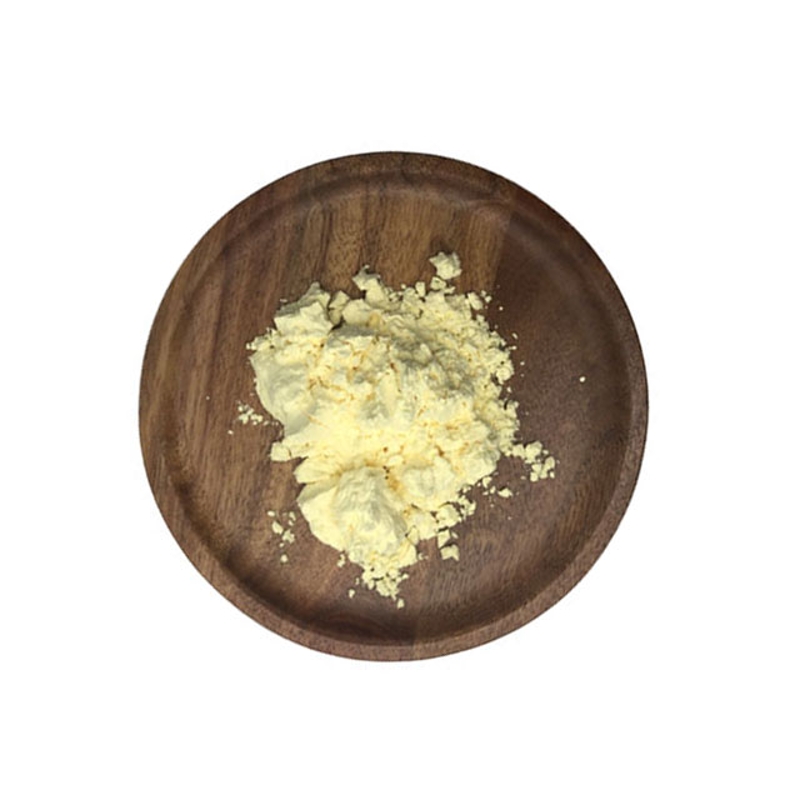-
Categories
-
Pharmaceutical Intermediates
-
Active Pharmaceutical Ingredients
-
Food Additives
- Industrial Coatings
- Agrochemicals
- Dyes and Pigments
- Surfactant
- Flavors and Fragrances
- Chemical Reagents
- Catalyst and Auxiliary
- Natural Products
- Inorganic Chemistry
-
Organic Chemistry
-
Biochemical Engineering
- Analytical Chemistry
- Cosmetic Ingredient
-
Pharmaceutical Intermediates
Promotion
ECHEMI Mall
Wholesale
Weekly Price
Exhibition
News
-
Trade Service
TP53 is a key cancer suppression gene that is often infused by misalmed mutations in the DNA binding domain. These misalignment mutations usually cause p53 to lose tumor inhibition activity, while producing a mutant p53 (mtp53) protein that promotes tumor progression.
the presence of mtp53 can increase chromosomal instability, leading to the loss of tumor suppressor genes and the amplification of cancer genes.
recently, researchers from the Luis A Martinez project at Stony Brook University in the United States published a study in Cancer Cell entitled Mutant p53 suppresses innate immune signaling to promote tumorigenesis, which found that mtp53 inhibits congenital immune signaling, leading to immune escape.
the TBK1 signal bypasses mtp53 and restores the function of immune cells to eradicate cancer cells.
to determine whether mtp53 regulates congenital immune signaling pathlines, the researchers first lowered the expression of mtp53 in human breast cancer cells BT549 (p53R249S), MDA-MB-231 (p53R280K), and pancreatic cell strain MIA PaCa.
results show that knocking down mtp53 promotes TBK1 and its substrates IRF3 and STING phosphate, producing similar phenomena in both mouse and human cells.
, over-expression mtp53 reduced phosphateization of TBK1 and its substrates, IRF3 and STING, in two different types of normal human fibroblasts, IMR-90, and human foreskin fibroblasts.
these results show that mtp53 blocks the activity of congenatal immune signaling paths.
in tumor micro-environments, the TBK1/STING/IRF3 path path is used to signal the presence of tumor cells to immune cells.
researchers found that mtp53 blocks the nuclear susception of IRF3 and inhibits the congenital immune response of cells in the cGAS/STING/TBK1/IRF3 path, thereby suppressing IRF3-induced apoptosis.
mtp53 can also interfere with the formation of the TBK1-STING-IRF3 complex, which inhibits immunosuppression in hosts with a complete immune system, thus accelerating tumor growth.
mtp53 promotes the immersion of CD3, CD4, CD8, and NK cells.
interesting, the researchers found that activating TBK1 inhibited mtp53-induced tumor growth and restored immune surveillance.
That is, mtp53 induces congenital immune signal infusion, alters the production of cytokines, and causes immune escape;
Overall, the study found a new mechanism, mtp53, that inhibits cellular autonomy and non-cellular signaling by interfering with the function of cGAS-STING-TBK1-IRF3, which interferes with cytosyntic DNA sensing mechanisms, thereby promoting cancer cell growth and avoiding immunosuppression.
TBK1 signal can bypass mtp53, restore immune cell function, activate immune surveillance, and eradicate cancer cells.
significant, the state of p53 can guide treatment and provide new therapeutic targets.
References:







